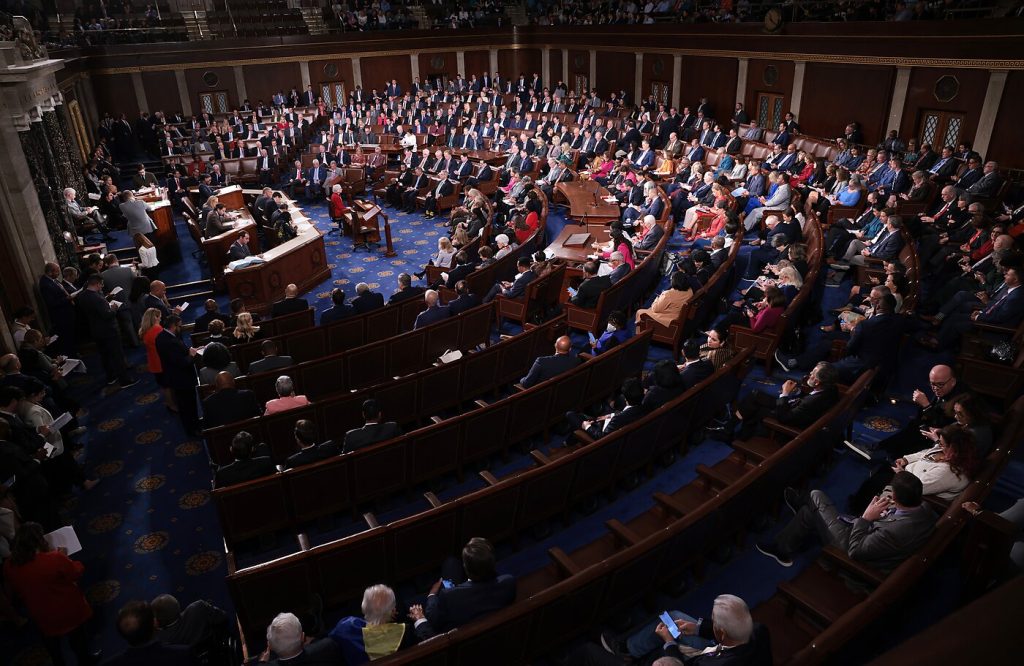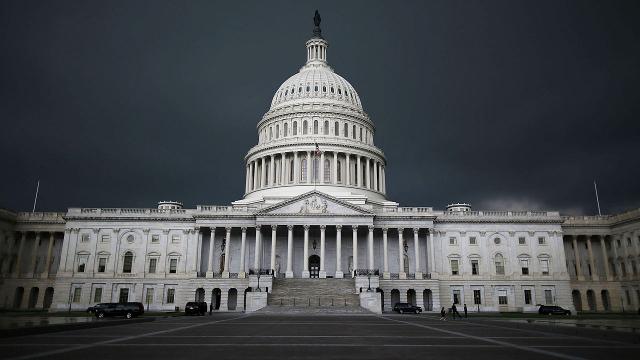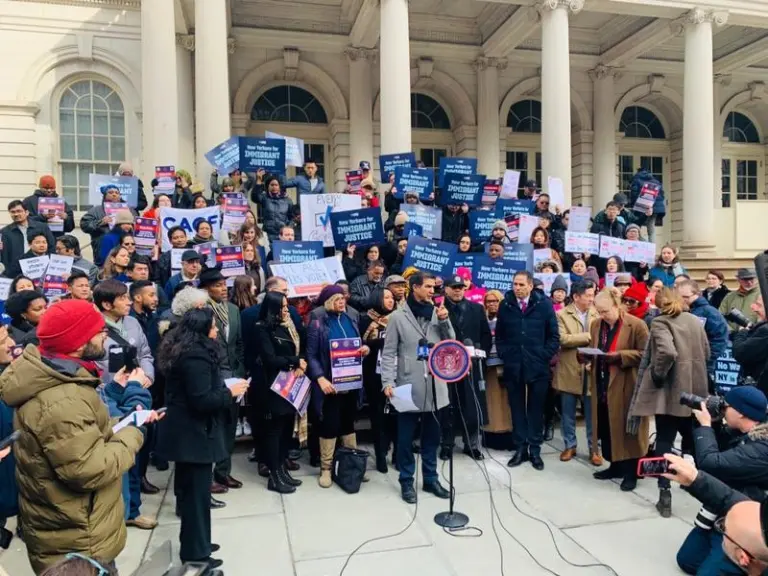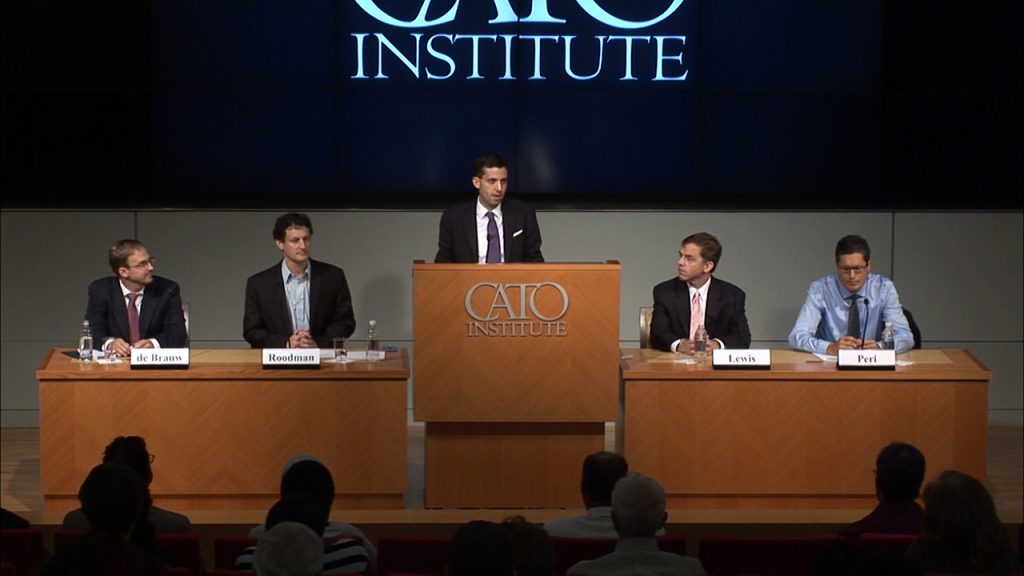
Did you know that in 2023, more than 12,000 people died in alcohol-impaired driving accidents in the United States? With figures like these, it’s little surprise politicians are grasping for solutionsbut the most recent Congressional push is causing eyebrows to rise. The House just passed a bill mandating mandatory deportation of illegal aliens convicted of DUI, and it’s not a Republican proposal only: 37 Democrats crossed party lines and caused a firestorm of controversy.

This new legislation, aptly titled for tragic DUI victims, threatens to shake the nexus of public safety and immigration policy. But behind the headlines, what’s actually at play? Let’s separate the facts, the controversy, and the surprise revelations that can shift our thinking around crime, community, and policy.

1. The Bill’s Emotional Roots: Names That Spurred Action
The title of the bill, Jeremy and Angel Seay and Sergeant Brandon Mendoza Protect Our Communities from DUIs Actis a title with a very heavy burden of actual tragedy. Alabama pair Jeremy and Angel Seay, and Arizona police officer Brandon Mendoza were all killed by drunk drivers who were illegal aliens. Rep. Barry Moore, the bill’s sponsor, has pressed home the point that these are not one-off cases, stating, “Tragedies like this are not uncommon across this country.” To legislators and numerous members of the public, such names lend a personal dimension to policy, underlining its necessity.

2. A Rare Bipartisan Moment: 37 Democrats Cross the Aisle
In an era of hyper-partisanship, 37 Democrats and 209 Republicans uniting to pass the bill is a headline story in itself. Moderate Democrats such as Jared Golden (D-Maine) and Josh Gottheimer (D-N.J.) and liberals such as Mike Levin all voted for it, underlining emerging agreement on public safety-even when it means party-line crossing on contentious issues. But 160 Democrats did vote against the bill, represented by House Minority Leader Hakeem Jeffries, and it reflected deep divisions regarding the best way to balance immigration in relation to security.

3. The Data Dilemma: Do Undocumented Immigrants Really Drive Drunk More?
While supporters of the bill claim it’s a life-and-death issue, opponents cite the absence of evidence linking immigration status and increased rates of DUI. Rep. Mary Gay Scanlon (D-PA) went on to say, “There’s absolutely no evidence in that hearing or report creating a causal connection between immigration status and drunk driving.” In reality, several studies led by a comprehensive study by the Cato Institute have found that there is no statistically significant correlation between illegal immigrant population rates and drunk driving fatalities in America. A single study even discovered that rising rates of unauthorised immigration were connected with declines in DUI arrests after 25 years.

4. The Double Penalty: Community Fallout Warned By Advocates
Human rights groups are raising the alarm, contending that linking DUI arrests to immigration enforcement constitutes double punishment and destabilization for vulnerable communities. With an estimated one million DUI arrests annually for all citizenship statuses, critics contend the bill targets immigrants and will discourage victims or witnesses from reporting to authorities. The fear? Such policies might erode trust and public safety among immigrant communities.

5. Social Science Claims: Phobia of Deportation Could Lower DUI Rate
Shock. According to some research, illegal immigrants have a lower likelihood of drinking and driving than their legal or U.S.-born fellow citizens. Why? Fear of police stops and deportation. A survey of recent Latino immigrants in Miami-Dade County revealed that, while illegal immigrants binge drank more often, they were less likely to get behind the wheel after drinking, prosperously staying home to avoid detection by authorities and ending up “off the radar screen.” This appears to undercut the argument for increased deportation measures to curb the tide of DUI among immigrants.

6. The Policy Debate: Is This About Politics or Safety?
Supporters such as Rep. Moore characterized the bill as common sense: “If you’re a visitor in our country and you get drunk behind the wheel, you should be deported out of our country, period.” But Democratic opponents such as Rep. Jerry Nadler contend that current laws already mandate deporting noncitizens who are convicted of serious DUIs, and that this bill is “another page from the majority’s old, tired playbook of conjuring up gaps in the law.” The actual discussion? Whether or not the bill is a legitimate response to public safety or a political gesture to be tough on immigration.

7. What’s Next: Senate Showdown and the Trump Factor
After the House vote, the bill will then go to the Senate. Republicans are hopeful, as President Donald Trump is expected to sign if it reaches his desk. But the Senate has rejected similar bills in the past, and with public opinion divided down the middle, the decision is by no means clear. As the brouhaha goes on, both sides are eagerly waiting to see if this time it’s different and represents a sea change in how America is confronting the overlap of immigration, crime, and community trust.

The immigrant DUI deportation bill history is more complex than the headlines suggest. While the tragedies that have driven the bill are sadly real, the aggregate data and social science place it into a more nuanced contextone of fear, community, and politics. As this bill advances to the Senate, the actual issue isn’t merely who can stay or go, but what kinds of solutions actually make communities safe for everyone.


